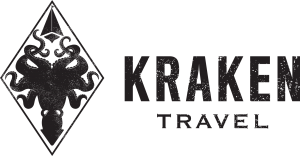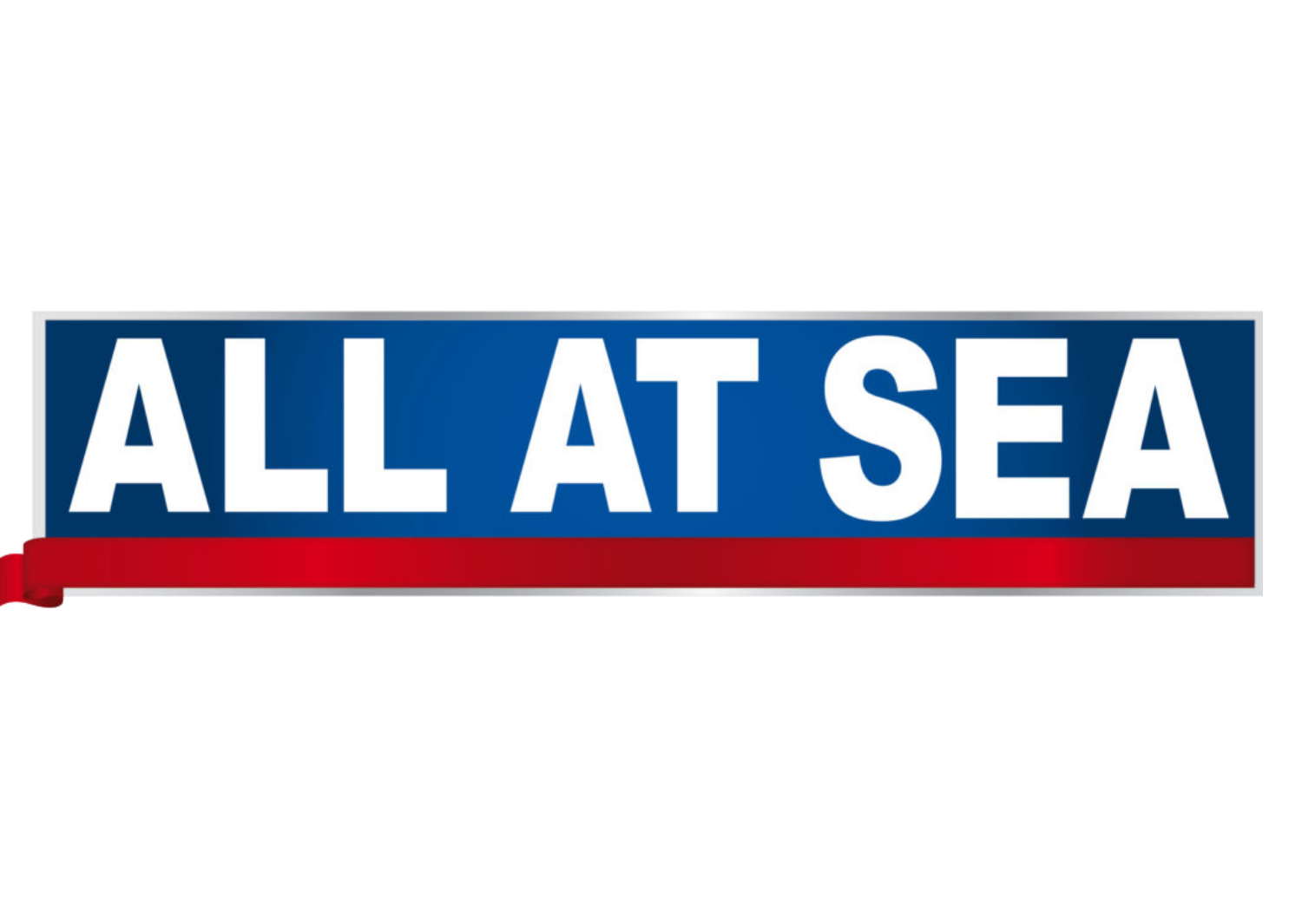6th May 2024 to 9th May 2024
Discover the textiles of the Lesser Sundas – Pre-Cruise (Ende-Maumere)
From £1525 per person
Deposit 25%. Balance due 12 weeks before departure
Explore some of the highlights of Ende. Over an exciting 3 days discover remote mountain villages where you will be introduced by the locals to the crafts of weaving and dyeing beautiful traditional textiles.
3 Nights: 06 - 09 May 2024
From $1,850 / £1,525 per person*
*Trips are priced in the operator's local currency. The amount you pay in sterling will change with currency fluctuations.
Upon arrival in Ende, you will be taken to see some of the highlights of Ende city, including the Bung Karno house (where Sukarno lived in exile before becoming Indonesia’s first president), the cathedral, and the market. The next morning we will drive to the district of Ndona to visit a cooperative run by a small group of Lio weavers who make beautiful traditional textiles incorporating natural dyes. At the next village, textiles are a feature of daily life, but weaving is actually banned.
We will arrive at Kelimutu Ecolodge in the late afternoon. In the morning we will head to the remote weaving village of Nggela, stopping along the way for photographs over the spectacular Mbuli Valley. The local weavers will show us how they still produce some of the best quality ikat in the Ende Regency. In the afternoon we will venture to the other side of the valley to visit a mixed Christian/Muslim village that also produces textiles but with different designs and motifs. Back at the Ecolodge, we will enjoy a traditional Lio feast and cultural performance.
The next morning we will drive to Kelimutu National Park, where two of the crater lakes can be seen from the viewpoint. From the second viewpoint, we will have a spectacular view over all three of the multi-colored lakes. If we are lucky we might also have close encounters with some of the local monkeys. Later that afternoon we will arrive in Maumere Harbour and board the Ombak Putih, which will be anchored in the bay.
Why You’ll Love This Trip
- Engage with master weavers and learn about their intricate ikat techniques.
- Experience the cultural heritage of the Lesser Sundas through its textiles.
- Connect with local communities and participate in cultural exchanges.
- Soak in breathtaking views as you travel from village to village.
- You’ll be stepping into a world very different to the way you live day-to-day. Rich in culture and history.
Who The Trip Is For
- Cultural enthusiasts keen to learn about traditional arts and crafts.
- Anyone with an interest in textiles, design, and hands-on learning experiences.
- Travelers who are eager to engage with local communities and support sustainable tourism.
- Perfect for solo adventurers, crafting groups, or anyone looking to share a unique journey.
Itinerary: Textiles of the Lesser Sundas – Pre-Cruise
Day 1
After arriving in Ende mid-afternoon on your direct flight from Bali you set off immediately to see some of the highlights of Ende city, including the Bung Karno house where Sukarno lived in exile before becoming Indonesia’s first president, the cathedral, and the market.
There will be an evening presentation about the history and textiles of the Lio people of Ende and you enjoy an excellent dinner at a restaurant near the hotel.
Day 2
This morning we drive to the nearby district of Ndona to visit a cooperative run by a small group of Lio weavers who make beautiful traditional textiles incorporating natural dyes.
We then continue up into the mountains to visit a fascinating village, where textiles are a feature of daily life, but where weaving is actually banned.
After a welcome from the local schoolchildren, we will enjoy our packed lunch. The clan leader (called a Mosa laki) will then escort us around the village and explain its history and culture. We will arrive at Kelimutu Ecolodge in the late afternoon. After our welcome cocktails, there will be a pre-dinner lecture about the textiles we will see tomorrow.
Day 3
In the morning we will head to the remote weaving village of Nggela, stopping along the way for photographs over the spectacular Mbuli Valley. The local weavers will show us how they still produce some of the best quality ikat in the Ende Regency.
After lunch at the Ecolodge we will venture to the other side of the valley to visit an interesting mixed Christian/Muslim village that also produces textiles but with different designs and motifs.
Back at the Ecolodge, we will enjoy a traditional Lio feast and cultural performance.
Day 4
An early start today as we drive up the side of the volcano to the entrance to Kelimutu National Park. From here it is a pleasant 30-minute walk through woodland to the first viewpoint over two of the crater lakes. From there we ascend to the second viewpoint, which gives us a spectacular view over all three of the multi-coloured lakes. If we are lucky we might also have close encounters with some of the local monkeys.
Later that afternoon we will arrive in Maumere Harbour and board the Ombak Putih, which will be anchored in the bay.
- Professional cruise directors
- Outdoor sleeping facilities
- Complimentary snorkelling equipment and two sea canoes (add SUP)
- Free tea, soft drinks, juices, coffee and mineral water
- Excellent food and snacks (vegetarian and special menus on request)
- Dining in the spacious air-conditioned lounge
- Teak wooden furniture in the lounge, cabins and on the deck
- Spacious sun and semi-covered decks
- Mooring fees
- Fuel surcharge
- Visits to restaurants, museums, galleries etc during the trip
- A fine selection of wines, beer and spirits for sale
- Travel to and from the vessel (including internal/domestic airfares)
What To Expect
While many of you are seasoned travellers, some of you may be unfamiliar with the ways and means of travelling in the remoter regions where we journey. Cruising in eastern Indonesia on a traditional wooden pinisi ship can be an exciting new world for some.
Each cruise is led by professional, multilingual tour leaders who will escort guests in all activities both on land and at sea, answer any questions, provide in-depth daily briefings, and ultimately ensure the smooth running of every aspect of the cruise.
Life On Board
Life on board our ships is one of pure enjoyment, with good food, top-class service and fine company mixed with just the right balance of exploration and relaxation. Whilst on board, guests are immersed in a world of barefoot fun and adventure, with air-conditioned private en-suite cabins, indoor and outdoor social hubs and dining areas, sun decks, a wide selection of Indonesian, Western and Asian cuisine, a full bar, and highly attentive service from our crew, whose smiles and friendly personalities offer an even greater insight into the Indonesian way of life.
Food
Our galleys are staffed with talented individuals who pride themselves on being able to conjure up all manner of dishes and delicacies from across the world, using only the best quality meat, seafood and fresh produce available – with the latter often sourced from local markets and the fishermen we meet along the way. Vegetarian dishes and most special dietary requirements can be accommodated with minimal fuss. Our stewards are on hand all day to serve meals and make sure you have all you need; from cold towels and fresh juices to a full plate of food and an iced drink whenever you need it.
While all non-alcoholic drinks are inclusive, each boat has a full cash bar stocked with local and imported wines, imported spirits and domestic beer, usually at local prices.
Accommodation
Our comfortable cabins are located below decks and offer all the necessary amenities, including double beds or twin bunks, private en-suite bathrooms, lots of natural light, individually controlled air-conditioning, ample storage space, and plenty of electrical and USB outlets.
Each boat also includes a salon, bar, sundeck and outdoor dining areas.




We Respect the Environment
We respect the environment in which we operate and are deeply committed to the integrity and preservation of the Indonesian Archipelago.
We show locals the value of protecting the species they have. For example, whale sharks are under constant threat due to the sky-high value of their fins, but thanks to our visits, local fishermen are paid a healthy fee for spotting the whale sharks and letting you in the water to be up close to them. As a result, the fishermen are very glad to protect these beautiful animals.
We also work with local NGOs on coral restoration projects in the area, and support centres like the Tasikoki Wildlife Rescue Centre which helps to rehabilitate animals back into the wild and put an end to animal trafficking.
We Support Local Communities
Our motto for these sailing adventures is “Seeing Indonesia through Indonesian eyes”. We hire locals and work with local communities to promote authentic cultural experiences and interactions between tourists and locals to foster mutual understanding and respect.
More than half of our tour guides are women. In Indonesia the workforce is extremely male-dominated, so this is a way for us to break down barriers and create a more inclusive workforce.
We partner with local NGOs working on community development projects. As well as make an effort to bring life-changing water filters, glasses, school books and LED lights to the remote villages we visit. We buy from local fishermen, and vendors and always pay the locals when they treat us to a cultural performance.
We have created a series of three books which are available for sale on our boats. The money from each book sold is entirely invested back in creating new books to distribute to communities we visit. These are just some of the ways we work to offer a responsible and equitable sailing experience.
H. Hasan Aroeboesman Airport
Maumere Airport
Itinerary: Textiles of the Lesser Sundas – Pre-Cruise
Day 1
After arriving in Ende mid-afternoon on your direct flight from Bali you set off immediately to see some of the highlights of Ende city, including the Bung Karno house where Sukarno lived in exile before becoming Indonesia’s first president, the cathedral, and the market.
There will be an evening presentation about the history and textiles of the Lio people of Ende and you enjoy an excellent dinner at a restaurant near the hotel.
Day 2
This morning we drive to the nearby district of Ndona to visit a cooperative run by a small group of Lio weavers who make beautiful traditional textiles incorporating natural dyes.
We then continue up into the mountains to visit a fascinating village, where textiles are a feature of daily life, but where weaving is actually banned.
After a welcome from the local schoolchildren, we will enjoy our packed lunch. The clan leader (called a Mosa laki) will then escort us around the village and explain its history and culture. We will arrive at Kelimutu Ecolodge in the late afternoon. After our welcome cocktails, there will be a pre-dinner lecture about the textiles we will see tomorrow.
Day 3
In the morning we will head to the remote weaving village of Nggela, stopping along the way for photographs over the spectacular Mbuli Valley. The local weavers will show us how they still produce some of the best quality ikat in the Ende Regency.
After lunch at the Ecolodge we will venture to the other side of the valley to visit an interesting mixed Christian/Muslim village that also produces textiles but with different designs and motifs.
Back at the Ecolodge, we will enjoy a traditional Lio feast and cultural performance.
Day 4
An early start today as we drive up the side of the volcano to the entrance to Kelimutu National Park. From here it is a pleasant 30-minute walk through woodland to the first viewpoint over two of the crater lakes. From there we ascend to the second viewpoint, which gives us a spectacular view over all three of the multi-coloured lakes. If we are lucky we might also have close encounters with some of the local monkeys.
Later that afternoon we will arrive in Maumere Harbour and board the Ombak Putih, which will be anchored in the bay.
Everyone tends to dress very casually, so choose clothes that are comfortable for walking/trekking and suitable for wearing on the boat.
Clothing
The tropical climate means you can safely leave all of your warm weather gear at home. Bring cool cotton t-shirts and shorts. We cruise during the dry season in each of the regions that we visit but rain is always a possibility so bring a lightweight waterproof jacket. It can sometimes be a bit windy on the boat and this will also help keep you warm. Likewise, a lightweight fleece could be useful for pre-dawn trekking or if there is a cool wind on the boat – even if you don’t need it onboard, it will be useful for the plane.
We are respectful of the local cultures and customs – bring clothes that cover your shoulders and knees for village visits. Finally, you might want to bring at least one smart-casual outfit for sunset cocktails and evening meals on the boat.
Ladies: beach throw-overs, kaftans and sarongs are always useful; choose fabrics that dry easily. Also, bring a lightweight sundress or two – the boat offers a great setting for a photo shoot, live it up!
Sun Protection
You’ll be spending plenty of time out in the scorching tropical sun, so be sure to pack sunscreen with a high enough SPF to protect your skin from the sun’s damaging rays, which are stronger in the water, and some sun-protective clothing as well.
Cover-ups, sarongs, sun shirts, and other such clothing will ensure that you come back from your trip with just happy memories and photographs – and not sunburn. A good hat is essential; a wide-brimmed hat or cap will keep the strong equatorial sun off your face and neck. Sunglasses keep your eyes protected. A strap to hold your glasses can be a good idea for more active adventures. Just in case you fail to avoid getting sunburnt, bring an aloe-based lotion to soothe burned skin.
Footwear
Pack comfortable trainers, trekking sandals, sturdy walking shoes or hiking boots for hikes and walks. Bring socks to wear inside your walking shoes to avoid getting blisters. Many travellers appreciate the added stability of a walking stick or hiking pole; lightweight telescopic poles are easy to pack. You might also want waterproof sandals or reef shoes for wet landings and water activities. Flip-flops are great for the beach but it is standard practice to go barefoot on the boat.
Bags
A day backpack is essential on day hikes to carry things such as your water bottle, camera, binoculars, and rain jacket. We will provide you with a metal water bottle, which can be refilled as often as required. A waterproof wet/dry bag is a good idea for gadgets like your phone or camera.
Swimwear
Don’t forget your swimsuit/bikini/shorts/trunks/Speedos —and preferably more than just one swimsuit, so that one or two can be drying while you are wearing another. Luckily, swimsuits and/or swim trunks don’t take up too much space in your luggage. The water is warm but a rash guard (or a wetsuit) will protect you from the sun, abrasions and stings.
Skin and Hair Protection
Ladies, it’s important that you take good care of your skin and hair. The sun, seawater and salty air may be beautiful to experience but it can be tough on your body and will wreak havoc on your locks. Bring moisturising lotion to soothe skin parched by the sun and the saltwater; bring a leave-in conditioner to detangle your hair with ease because the water, mask, and hair ties will leave it in knots. Also consider bringing a scarf or headband to hold back unruly hair, or hair ties/pins to keep your hair off your face and therefore prevent water seeping into your mask.
Note: Your cabin is outfitted with towels, shampoo, conditioner and body wash.
Camera Equipment
If you are a photo enthusiast bring all of the camera and video equipment that you will use as you can expect exceptional opportunities for photography. If you prefer the ease of a point & shoot, bring that. If you want to take underwater photos you might want to invest in a waterproof camera or waterproof housing to capture photos of the incredible marine life.
It’s a good idea to bring a spare memory card; our cruises explore remote regions where memory cards cannot be purchased.
Electronics
The voltage on board is 220 volts. There are several electric sockets and USB charging ports in each cabin suitable for European-type plugs, but we do have a selection of adaptors for non-European-type plugs. Additional sockets are located in the saloon, where we have a dedicated area for the charging of electronic devices and cameras.
Miscellaneous Items
Snorkels, masks & fins in all sizes are provided onboard. If you are an avid snorkeller, you may prefer to bring your own mask & snorkel. If you’re new to snorkelling, you might want to consider purchasing a full-face snorkel mask to bring with you, it’s an easier option for beginners.
Even if you think that your stomach is rock-solid, a squall could turn up and make you feel sick. Sea-sickness tablets are provided on board but you may have a preferred brand, in which case bring your own.
You’ll find reference books and paperback novels on board. However, books of your choice or an e-reader will come in handy for down hours.
There is a comprehensive wilderness first aid kit on board but remember to bring any personal medications.
Essential items should be packed in your carry-on luggage. Medications, corrective lenses, spare underwear, cameras and documents should not be checked in case your bag does not arrive with you.

















